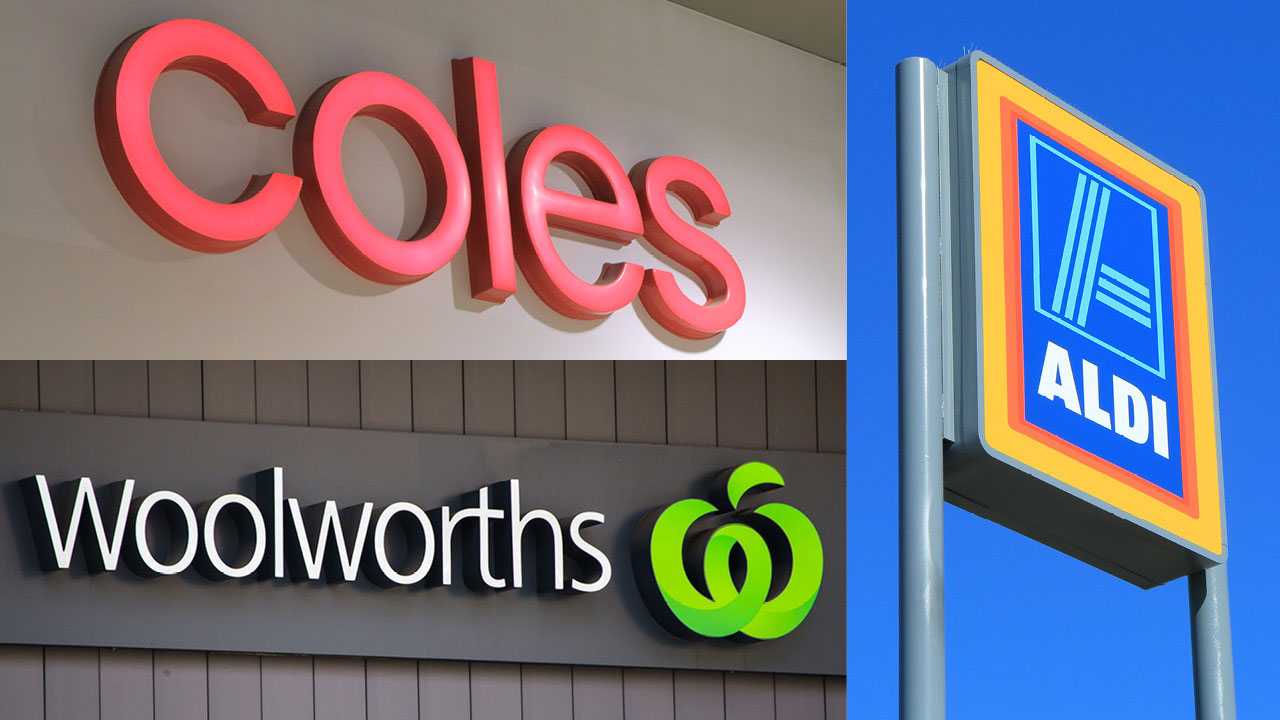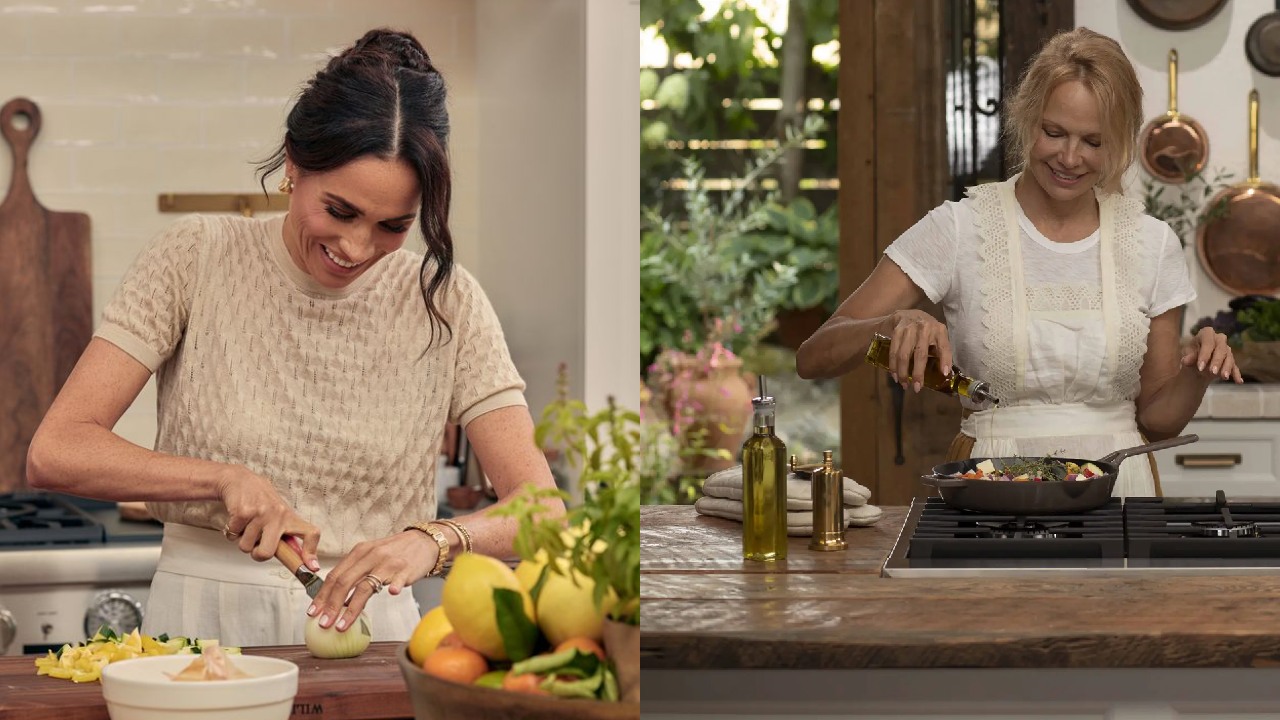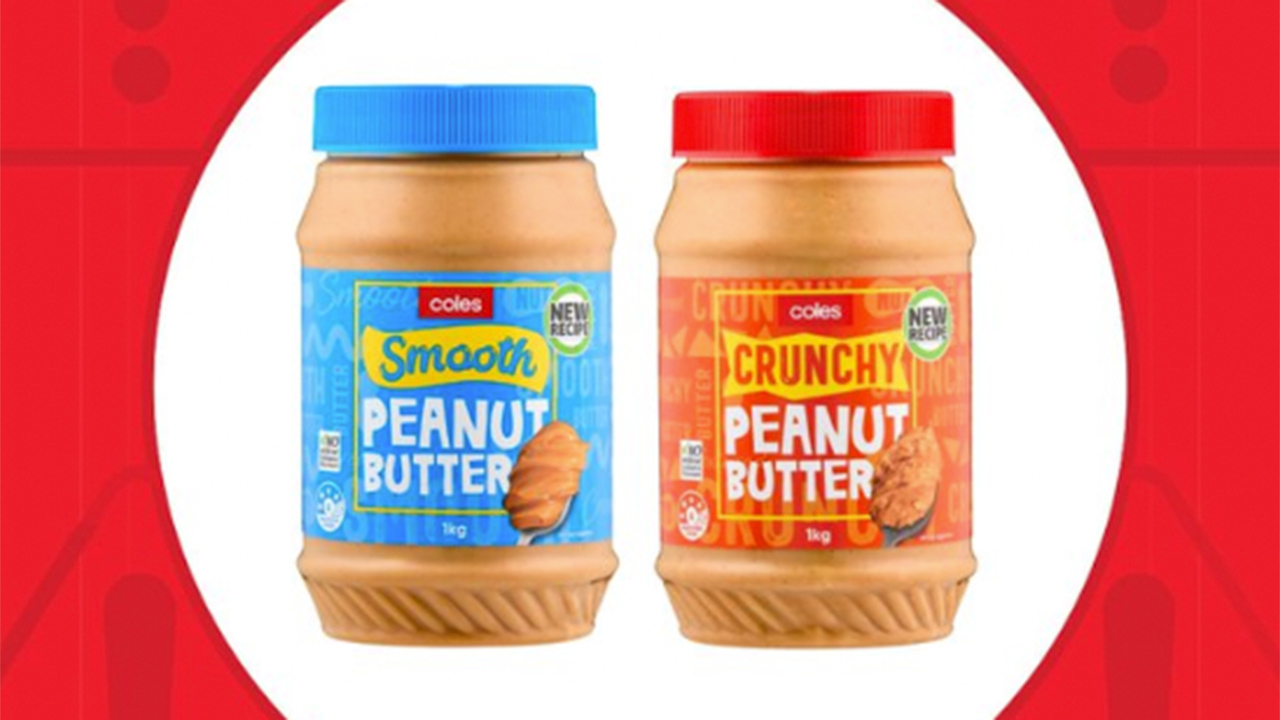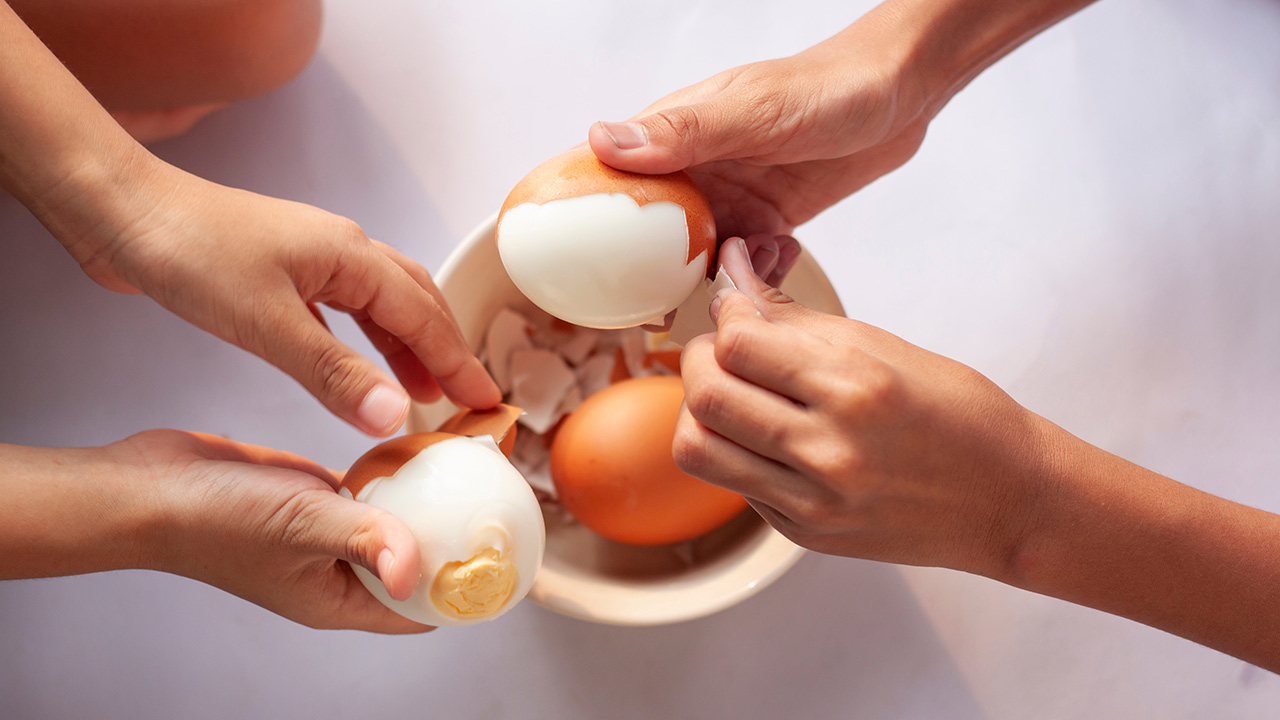The supermarket war rages on as Coles launches a massive campaign with sweeping discounts to combat the incessant ALDI and Woolies attacks.
The Aussie chain says the new discounts will focus on produce to feed families including $3.90 per kilo on whole uncooked chickens cut down by 60 cents, chicken thighs at $1 per kilo and lunch wraps for $2.
“We are helping to lower the cost of dinner, lunch and breakfast solutions with a focus on own-brand fresh products and branded big value packs in grocery,” Coles chief marketing officer Lisa Ronson told news.com.au.
“We’ve been reviewing the products our customers are buying every day and determining where we can really make a difference to their cost of living.
“We know customers need bakery staples like rolls, wraps, croissants and muffins day in day out for breakfast and lunch so we’ve lowered the price on these items knowing it can make a big difference to their family budget.”
The drastic changes come not long after the major chain revealed they were focussin on everyday lower prices rather than drastically cutting prices for short periods.
However, the discounted prices for more than 300 products have experts worries it is not sustainable.
The decision is just another tactic in the price war as both Coles and Woolies battle with ALDI, Costco and soon-to-be-launched German supermarket Kaufland.
“It’s a short-term gain for long-term pain,” Queensland University of Technology retail expert Gary Mortimer told news.com.au.
“When you announce cutting prices on 300 items this week … while Coles will experience a sales lift in the next week or so, guaranteed Woolworths and everyone else will meet those prices,” Dr Mortimer said.
“So shoppers then realise they can get those low prices at any retailer, then that spike in demand normalises and people go back to shopping at Coles and Woolworths and getting the low price on their chicken thigh.
“All that does is erodes the margin, so we’re now selling the same volume of product but now at lower margin and that’s why it’s less sustainable.”
German giant Kaufland is set to embroil themselves in the supermarket war once they open their first eight to 12 stores in 2020.












